After 200 Years, Do The Federalist Papers Still Matter?

The Federalist Papers are a series of 85 political essays written by Alexander Hamilton, John Jay, and James Madison between 1787 and 1788. Originally published in various newspapers under the pen name “Publius” in 1788, the Federalist Papers are still commonly cited over 200 years later.
But what were the Federalist Papers all about? Join us as we look back at why the iconic essays were first written and their impact on American history from their publication through the present.
The Political Backdrop of the Federalist Papers
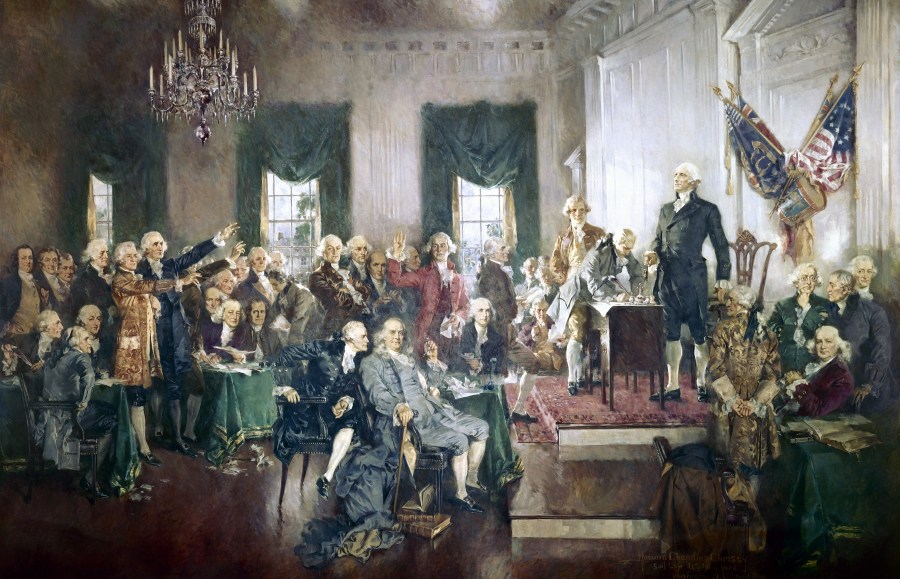
The history of the Federalist Papers goes back to the Constitutional Convention, which took place in Philadelphia from May 14, 1787, to September 17, 1787. The original goal of the Convention was to revise the Articles of Confederation, which was the governing document of the national government at the time.
The delegates understood that the Articles of Confederation made for an incredibly weak federal government. While they gave individual states a great deal of power, they left the federal branch unable to coordinate the key functions that would unite the U.S. as a single country.
Ultimately, the Convention members decided to develop an entirely new system of government altogether. After months of debate and compromise, this new government was outlined in the United States Constitution.
The Constitution was finally adopted on September 17, 1787, but that wasn’t enough to make it valid. As specified in its articles, the Constitution had to be ratified by at least nine of the 13 states to become official.
Why Were the Federalist Papers Compiled?
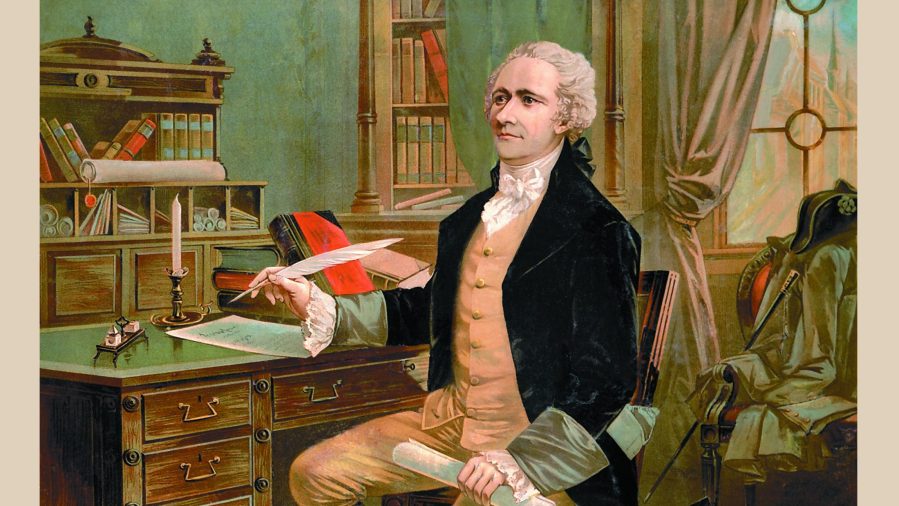
As soon as news of the impending ratification process broke, anti-federalists began to come out of the woodwork to oppose the Constitution. They feared that creating a strong national government would threaten the freedom of the states and individual citizens alike.
Considering that the United States had just fought a war to gain independence from Great Britain, these fears weren’t necessarily unreasonable. In fact, many of them led to the adoption of what would later become the Bill of Rights.
In the meantime, Hamilton, Madison, and Jay realized that the Constitution was a solid piece of work with an incredibly promising future. The anti-federalists hadn’t been shy about publishing their objections in local newspapers, so the Federalist Papers were all about presenting the other side of the argument.
In the first Federalist Paper, Hamilton wrote: “In the progress of this discussion I shall endeavor to give a satisfactory answer to all the objections which shall have made their appearance, that may seem to have any claim to your attention.”
In essence, the Federalist Papers were a PR campaign designed to convince the citizens of individual states to ratify the U.S. Constitution.
What Was Their Impact on the Constitution’s Ratification?
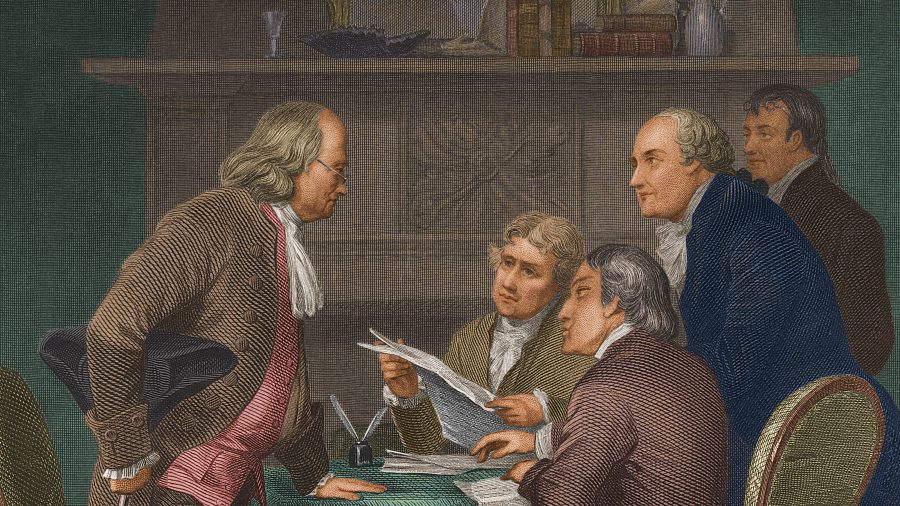
While it may be tempting to think that the Federalist Papers had a huge impact on ratification, this wasn’t necessarily the case. The essays were originally only published in New York newspapers.
Though most of the first 19 essays were republished in Philadelphia, their further spread was relatively limited at the time. By the time a collection of the essays was first published as a book called The Federalist in 1788, six states had already ratified the Constitution.
Even the impact of the Federalist Papers in New York, which had a large anti-federalist population, was far from groundbreaking. When New York eventually agreed to ratify the Constitution in July of 1788, it was by a slim margin and only under the condition that it be amended with a Bill of Rights.
While unquestionably brilliant, the authors of the Federalist Papers didn’t exactly live in a time when it was quite as easy to go viral as it is today. Due to their limited circulation, it’s unlikely that the Federalist Papers greatly impacted rallying citizens to the Constitution’s cause.
Why Are the Federalist Papers Important?
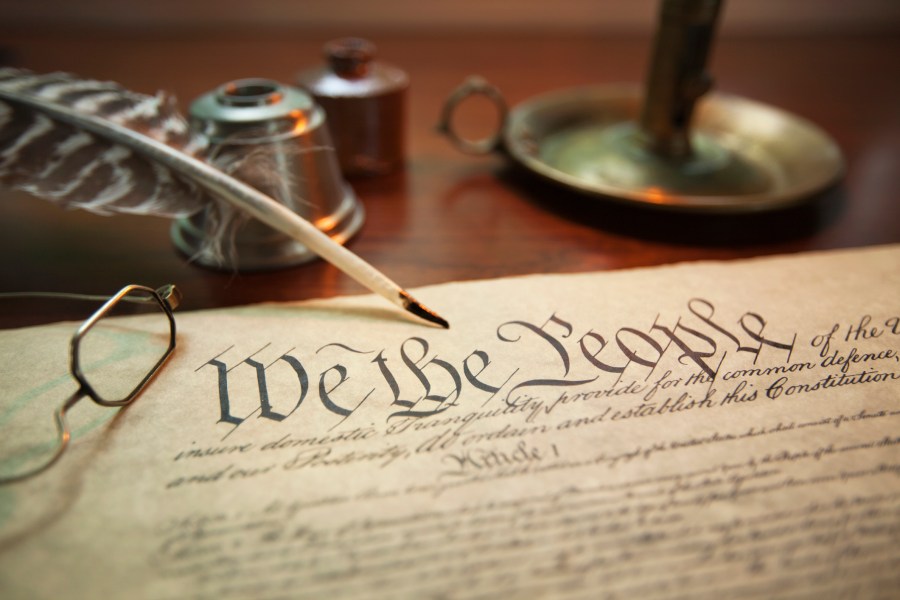
If they weren’t the massively successful rallying cry that history might lead us to believe, why are the Federalist Papers such a big deal? Ironically, it wouldn’t be until long after the Constitution had been formally adopted that their importance would come into play.
Keep in mind that the Constitution would go on to serve as the basis of both the U.S. government and federal law. Much like any legal document, its wording and intentions have often been called into question in terms of interpretation.
As the authors of the vast majority of the Federalist Papers, Hamilton and Madison provided an in-depth analysis of the Constitution. This was particularly valuable because they both attended the Constitutional Convention where it was first developed.
Their essays would go on to serve as first-hand accounts of the intentions of the founding fathers who framed the Constitution itself.
The Influence of the Federalist Papers Today
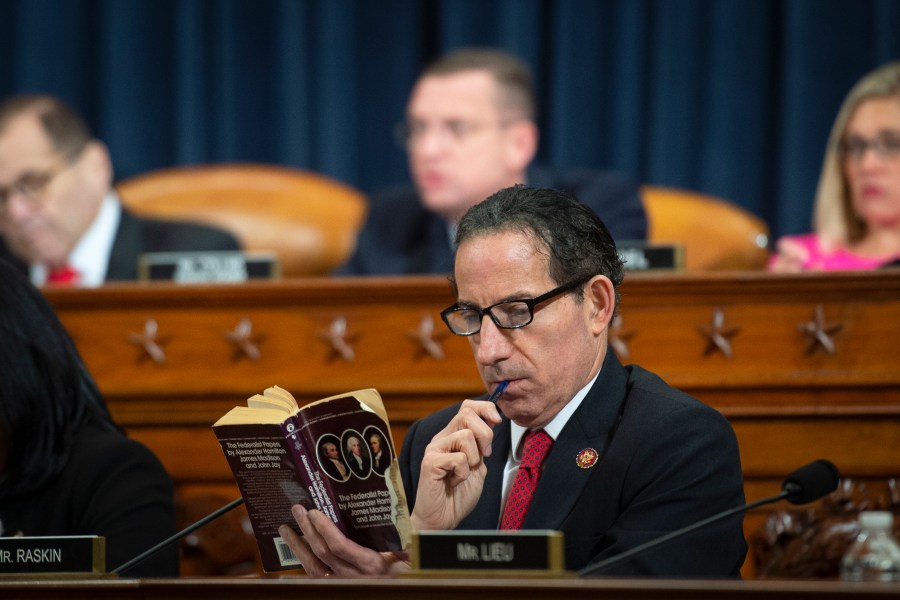
While they may not yet have enjoyed the wide circulation they do today, the importance of the Federalist Papers did not go unnoticed. George Washington predicted they would “merit the notice of posterity,” while Thomas Jefferson dubbed them, “the best commentary on the principles of government which was ever written.”
Throughout history, lawmakers and legal scholars have often referenced the Federalist Papers. As recently as February of 2021, Rep. Jamie Raskin cited them in his opening statement at the second impeachment trial of President Donald Trump.
But Raskin is far from the only lawmaker era to reference the ideas contained in the Federalist Papers. One study found that by 1995, Federalist No. 42 had been cited in 33 Supreme Court decisions, while No. 78 had been cited in 30 — and those were just the top two.
Recently, the Federalist Papers have been used to debate the role that the government should play in regard to the COVID-19 pandemic. They were also cited in a 2019 US Supreme Court case clarifying that it was the judiciary’s job, rather than the federal agency’s, to interpret a federal agency’s ambiguous regulations when a dispute arises. The Federalist Papers aren’t laws themselves, nor are they sources of political truth or philosophy. Indeed, Harvard professor Bernard Bailyn reminds us that they are hastily created pieces of political propaganda. It’s a helpful reminder to exercise some skepticism the next time they are cited as a source of authority on the intentions of the founders.





